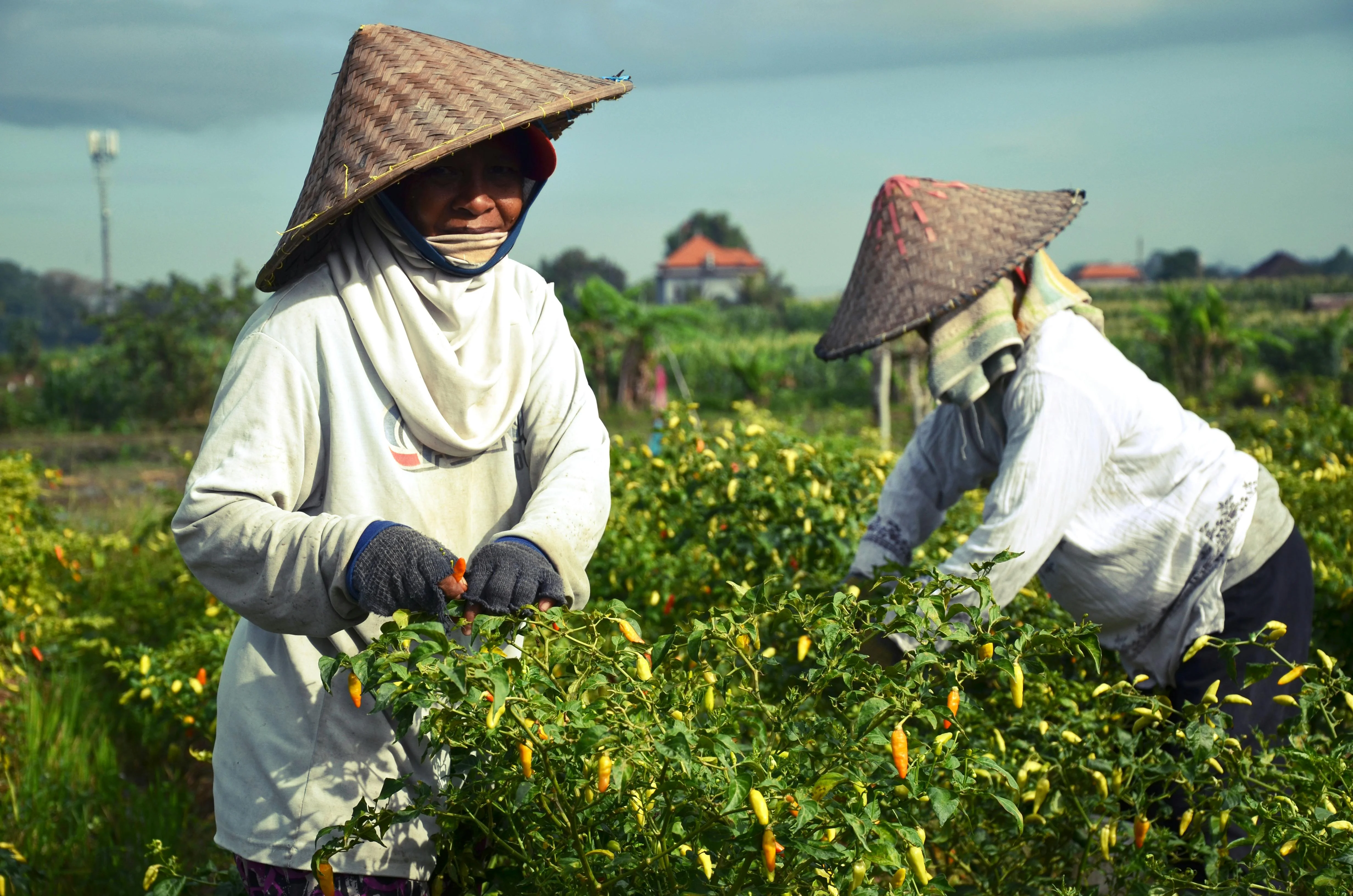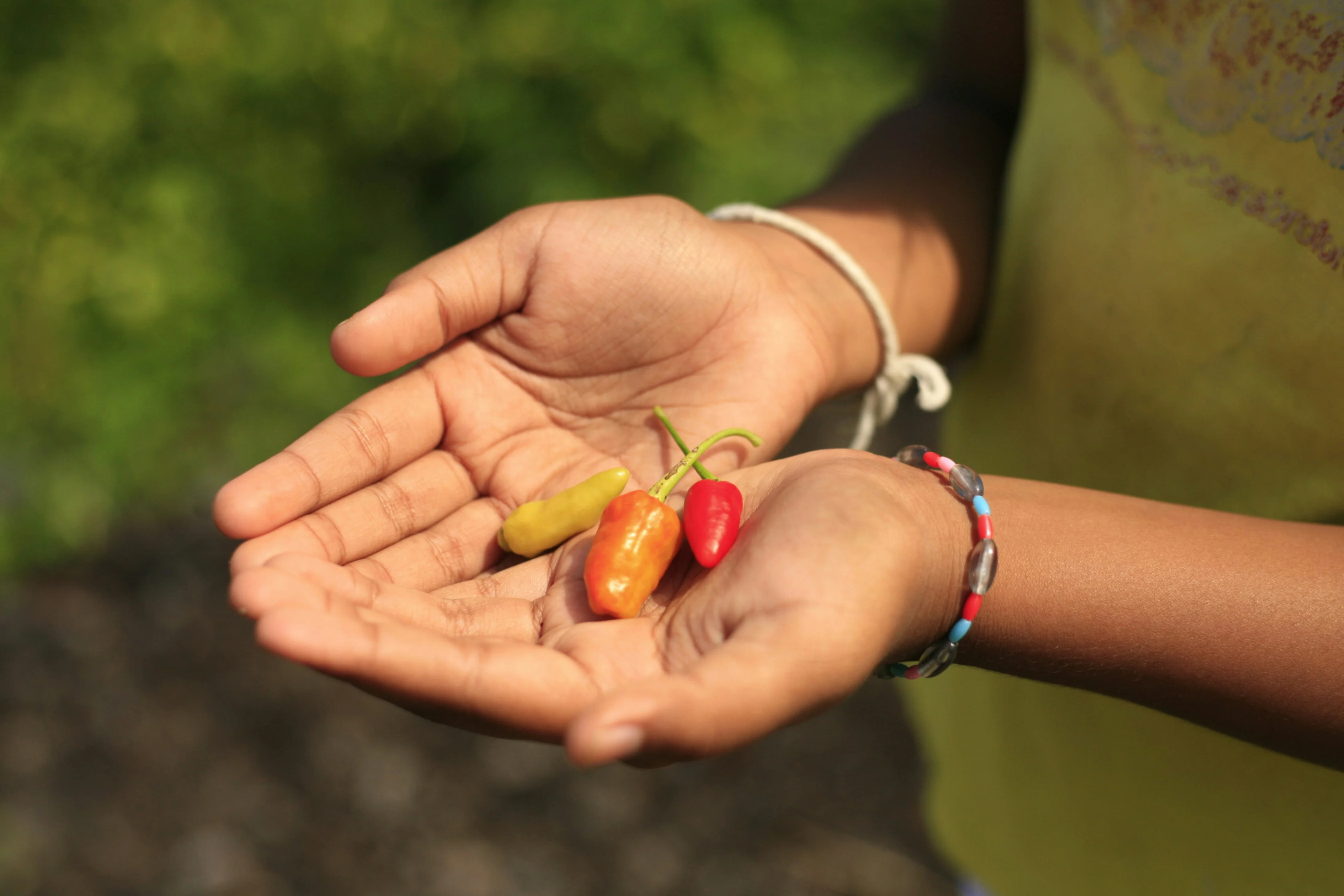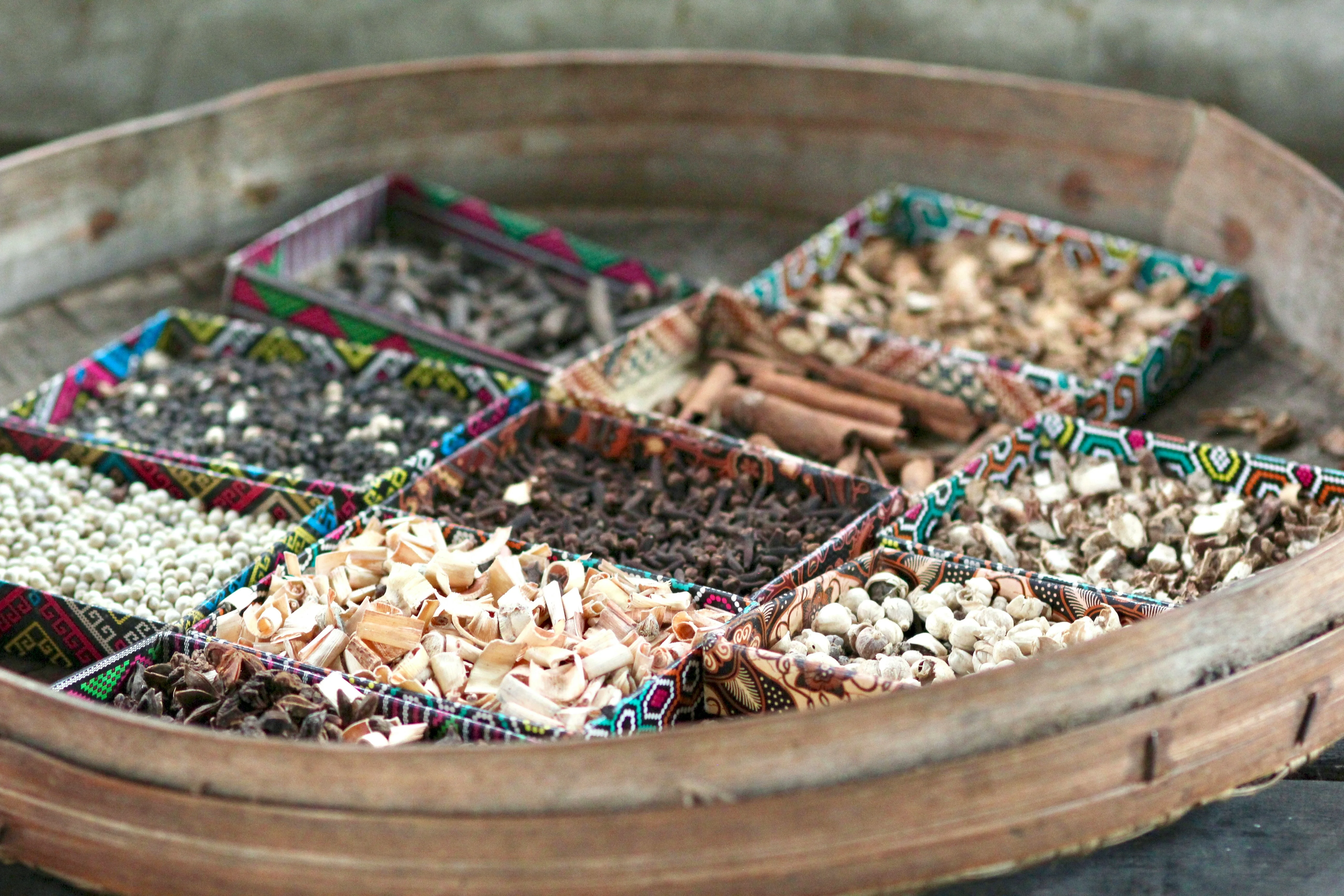Eco-Traveler's Guide to Bali's Spice Plantations

In the heart of Bali, beyond its world-renowned beaches and vibrant culture, lies an aromatic wonderland that many travelers overlook: the island's spice plantations. These verdant estates not only preserve Bali's rich agricultural heritage but also offer a sustainable way to explore the island's hidden gems. As sustainability becomes a growing concern for modern travelers, visiting eco-friendly spice plantations provides a unique blend of cultural immersion and environmental consciousness. Here, we guide you through Bali's spice plantations, offering tips on how to incorporate these visits into your next eco-friendly adventure.

The Allure of Bali's Spice Plantations
Bali's spice plantations are a sanctuary for the senses. Imagine the scent of vanilla pods gently mingling with the earthy aroma of cinnamon, or the vibrant color of turmeric contrasting against the lush greenery. While Indonesia is a country blessed with a variety of spices, Bali holds its unique charm with plantations that extend an organic and sustainable hand to curious travelers.
Eco-Friendly Practices at the Heart of Spice Cultivation
So, what makes Bali's plantations particularly appealing to the eco-conscious traveler? Many of these estates are family-run, focusing on traditional and organic farming methods that not only maintain the ecological balance but also enhance soil fertility. By avoiding synthetic chemicals and embracing permaculture principles, these plantations help preserve Bali's soil and biodiversity for future generations.
In addition to growing a variety of spices, including nutmeg, cloves, and pepper, many of these farms also cultivate coffee and cacao, creating an additional layer of interaction for visitors. An eco-tour of these plantations often involves a comprehensive journey through the cultivation process, allowing travelers to witness first-hand the sustainable techniques that contribute to a zero-waste lifestyle.

Immersive Experiences and Cultural Insights
Visiting a spice plantation in Bali offers more than just a sensory delight; it is an opportunity to connect with local culture and history. Guided tours often include demonstrations of traditional spice processing techniques, from hand-picking to sun-drying, reflecting centuries-old practices handed down through generations.
Travelers also gain cultural insights through interactions with the local farmers who are the backbone of these plantations. Their stories often resonate with the resilience and dedication required to uphold organic farming traditions. This deep human connection emphasizes the importance of supporting local communities that are committed to sustainable practices.
Savoring the Authentic Flavors of Bali
No visit to a spice plantation would be complete without tasting the produce. Many estates offer farm-to-table experiences where you can savor dishes infused with freshly harvested spices. From traditional Balinese curries bursting with fresh turmeric and lemongrass to sweet treats that harness the warmth of cinnamon and vanilla, these culinary delights provide a lasting memory of your journey through Bali's aromatic landscape.

Planning Your Visit
To optimize your eco-friendly exploration, consider visiting during the dry season, which runs from April to October. Not only does this period promise more pleasant weather, but it also aligns with the peak harvesting times for many spices. To minimize your carbon footprint, opt for accommodations and transportation options that adhere to sustainable practices.
Several spice plantations are conveniently located around famous tourist spots like Ubud and Tabanan, allowing you to seamlessly integrate them into your itinerary. Whether you are on a day trip or an extended stay, prioritize plantations that are transparent about their eco-friendly certifications and farming methods.
Conclusion
Bali's spice plantations offer a rich tapestry of experiences that combine environmental sustainability with cultural authenticity. By choosing to visit these eco-conscious estates, you are not only nurturing your senses but also supporting local communities and contributing to the preservation of Bali's natural landscape. As you plan your next adventure to this Indonesian paradise, make sure to carve out time for its hidden spice wonders, promising an unforgettable journey into the heart of Bali's ecological and cultural heritage.







